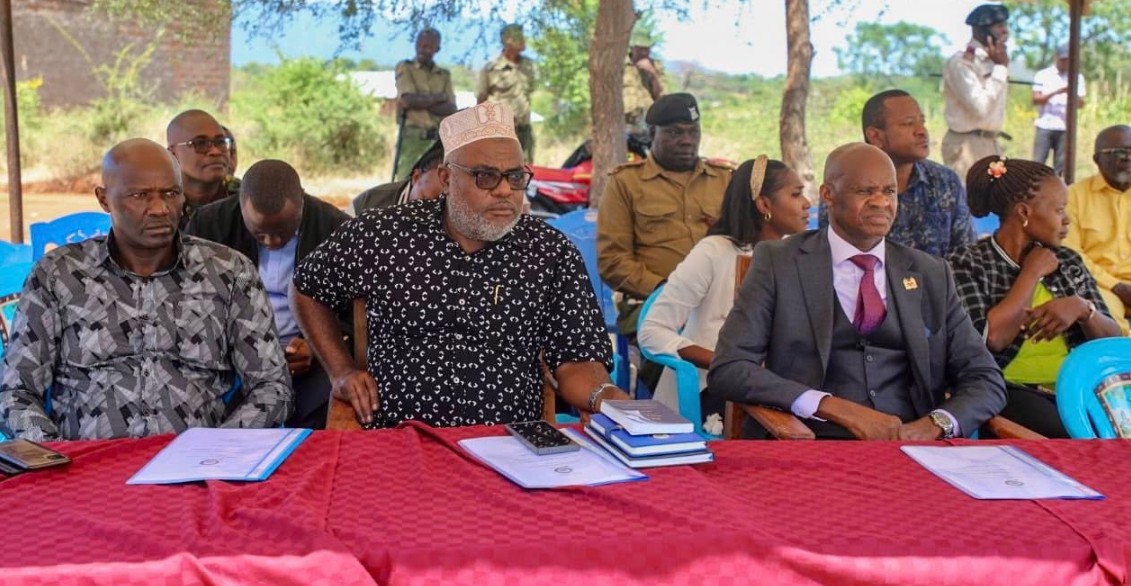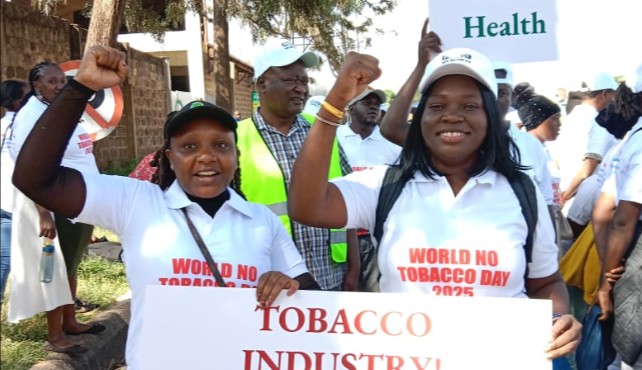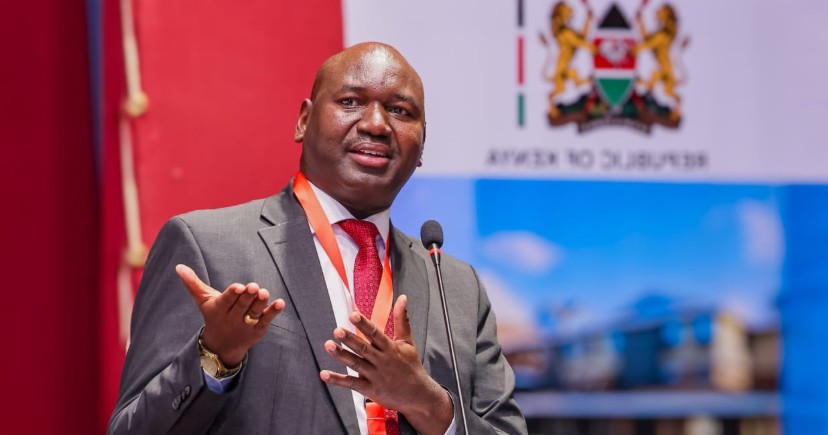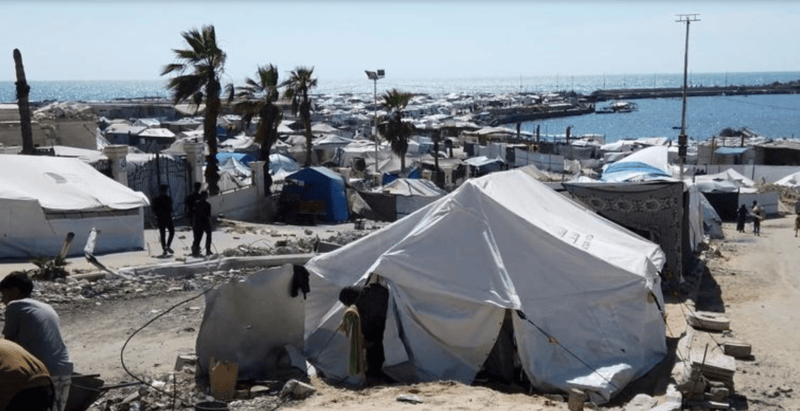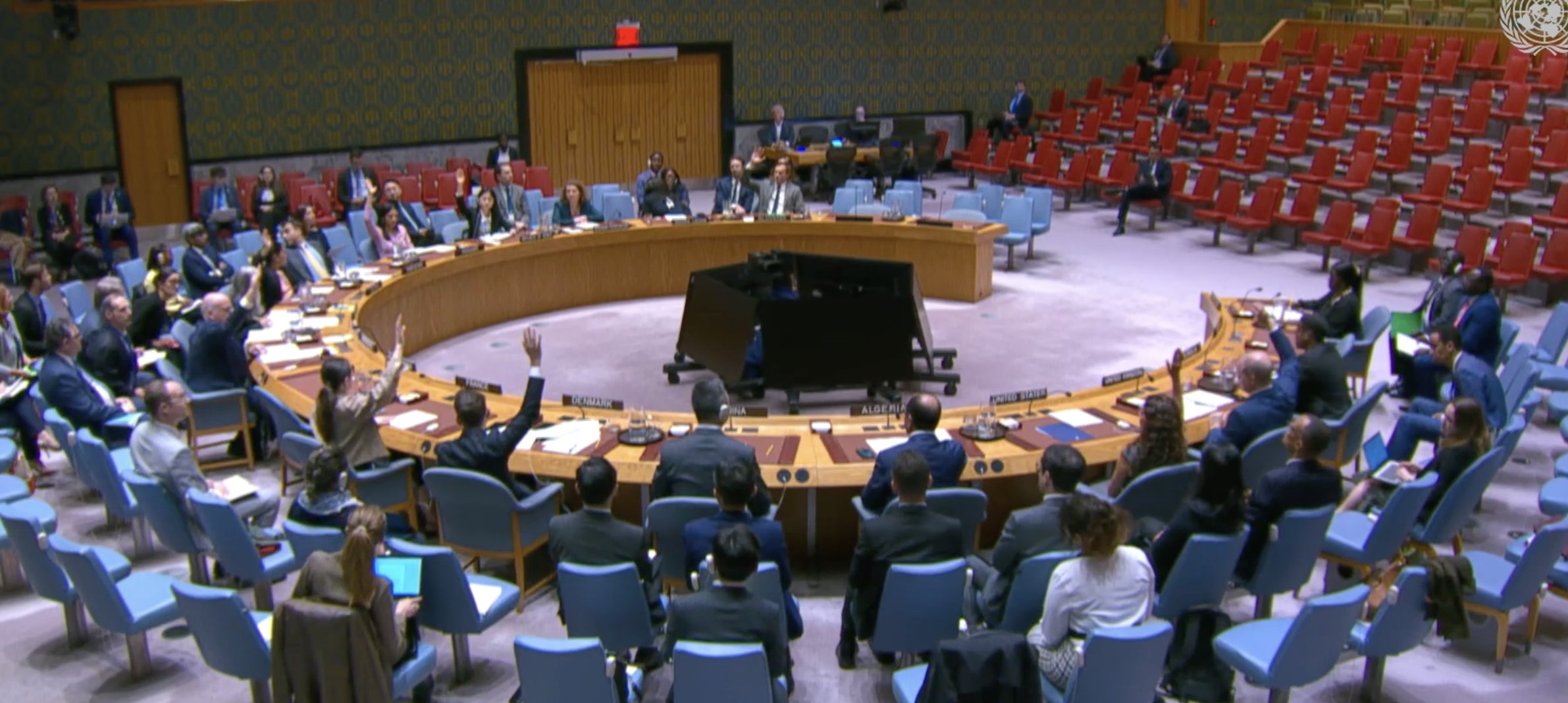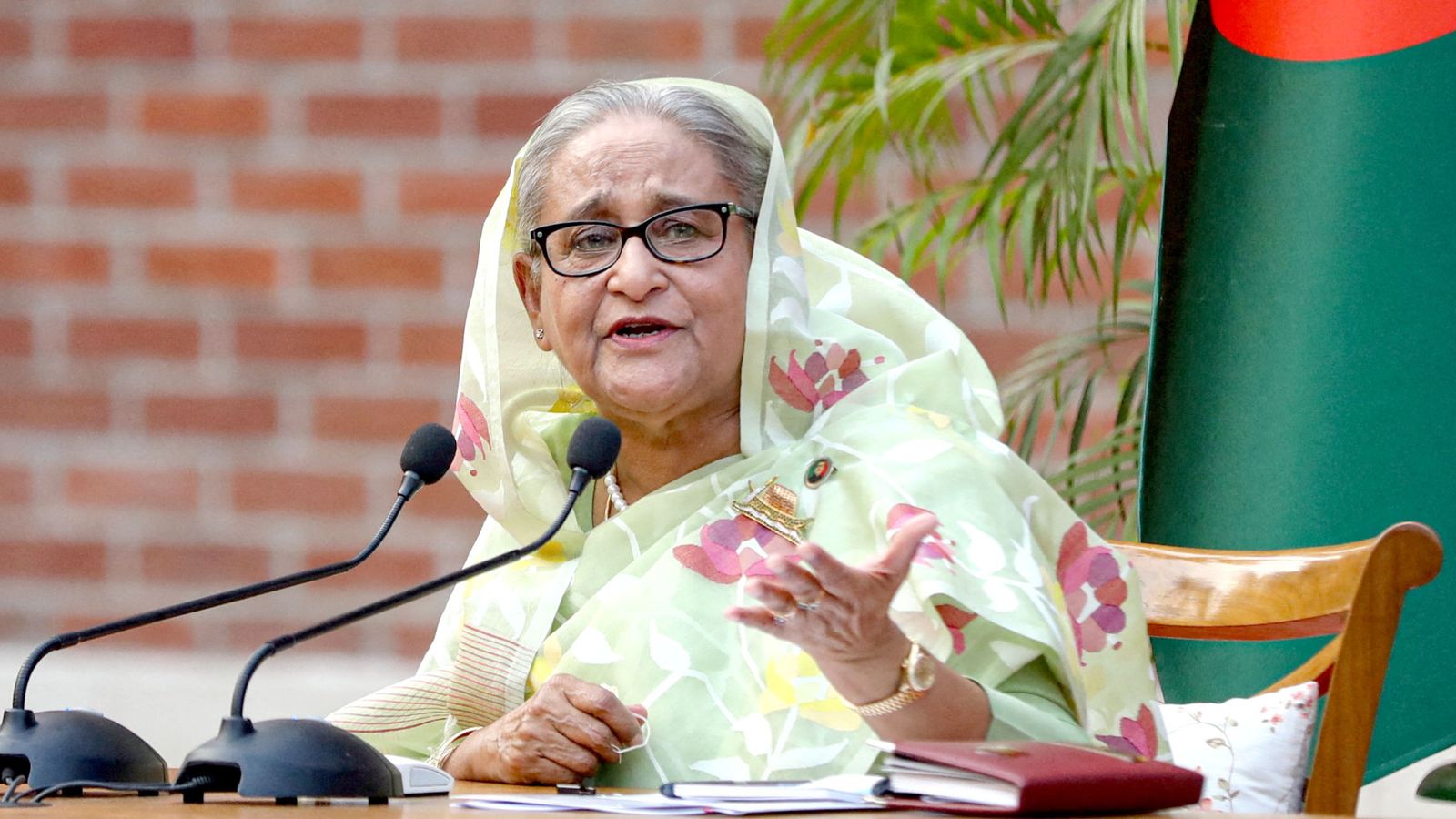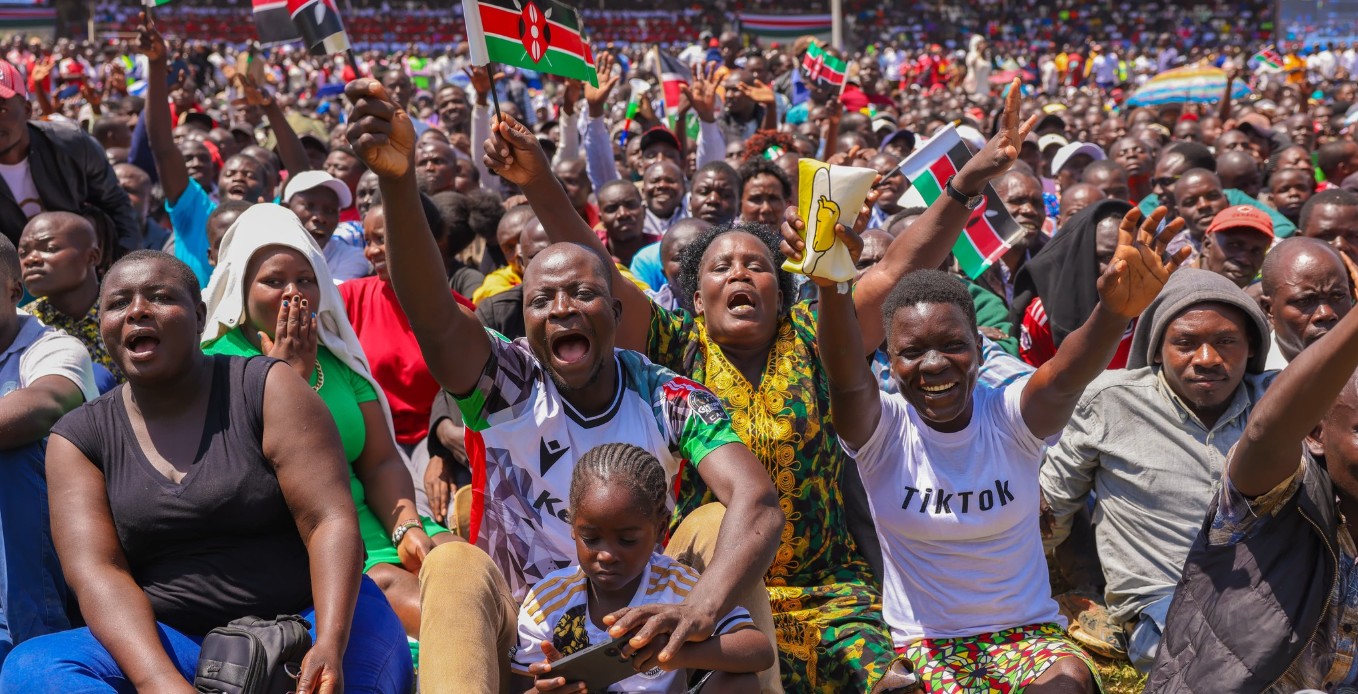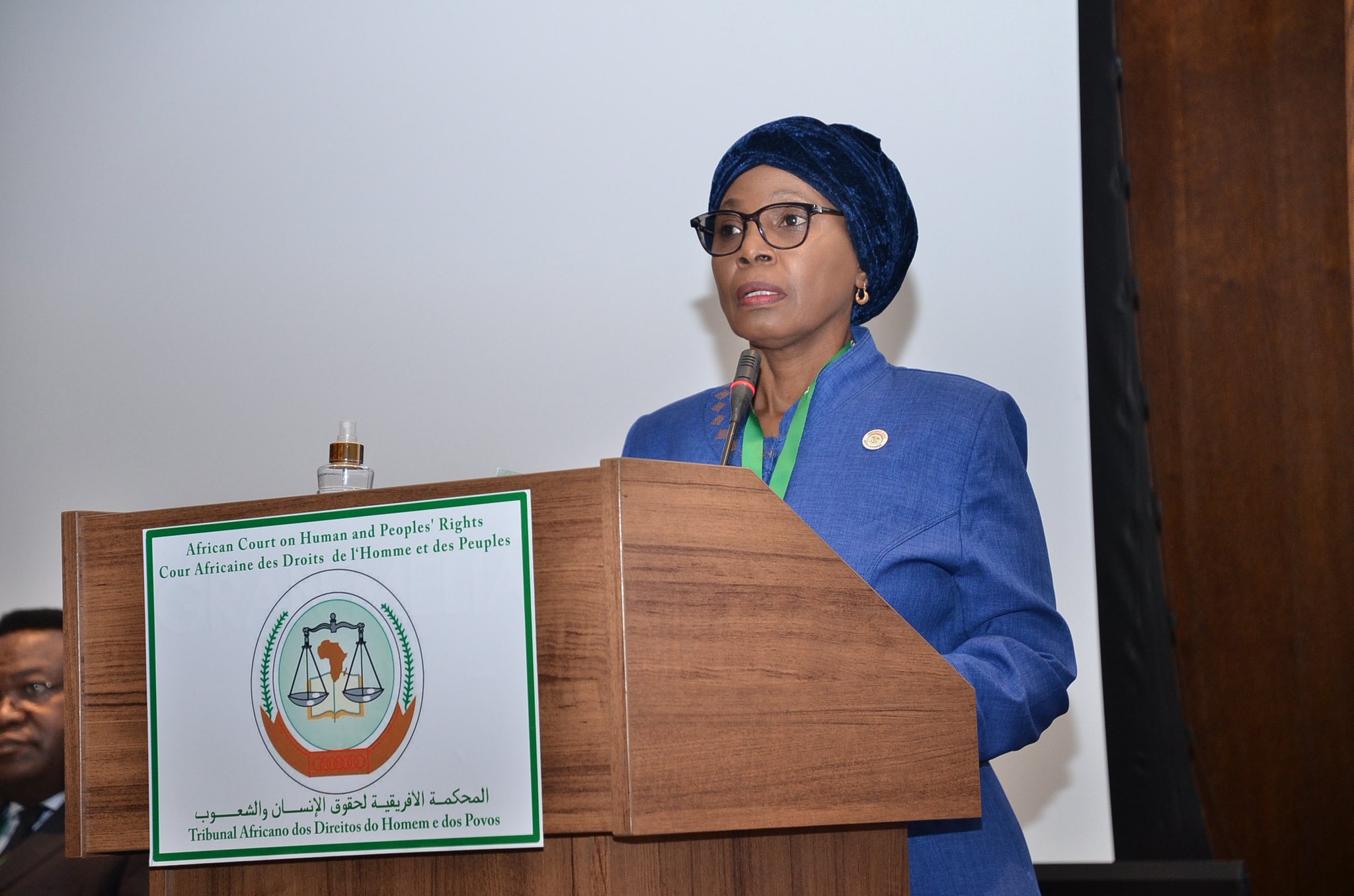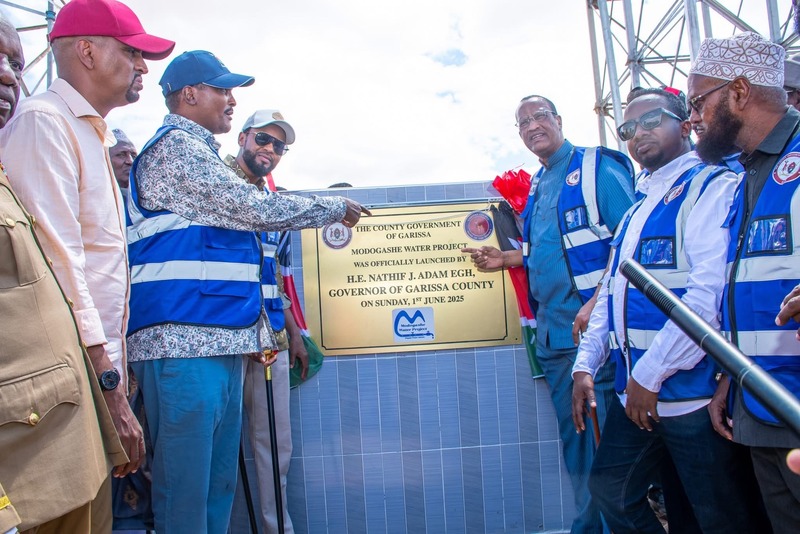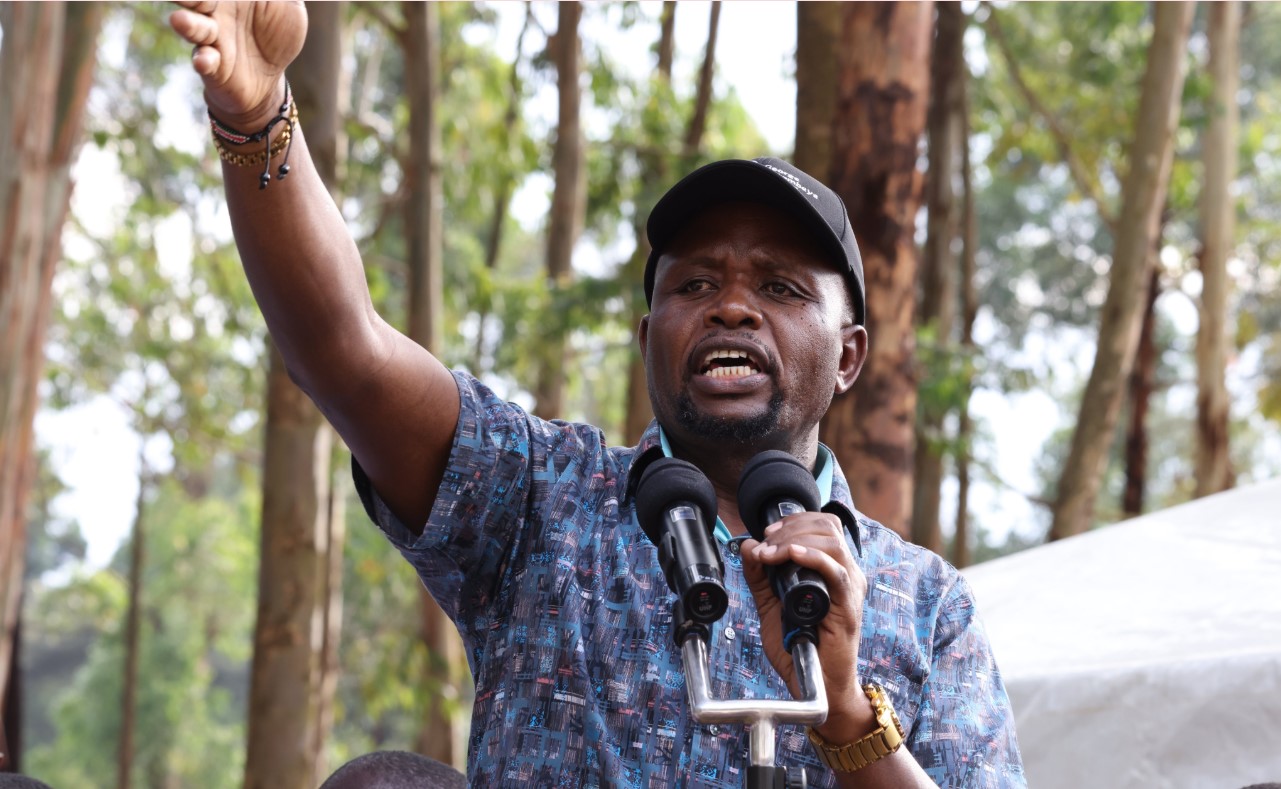IEBC nominee Hassan Noor: Commission is “not an island”, it can't operate in isolation
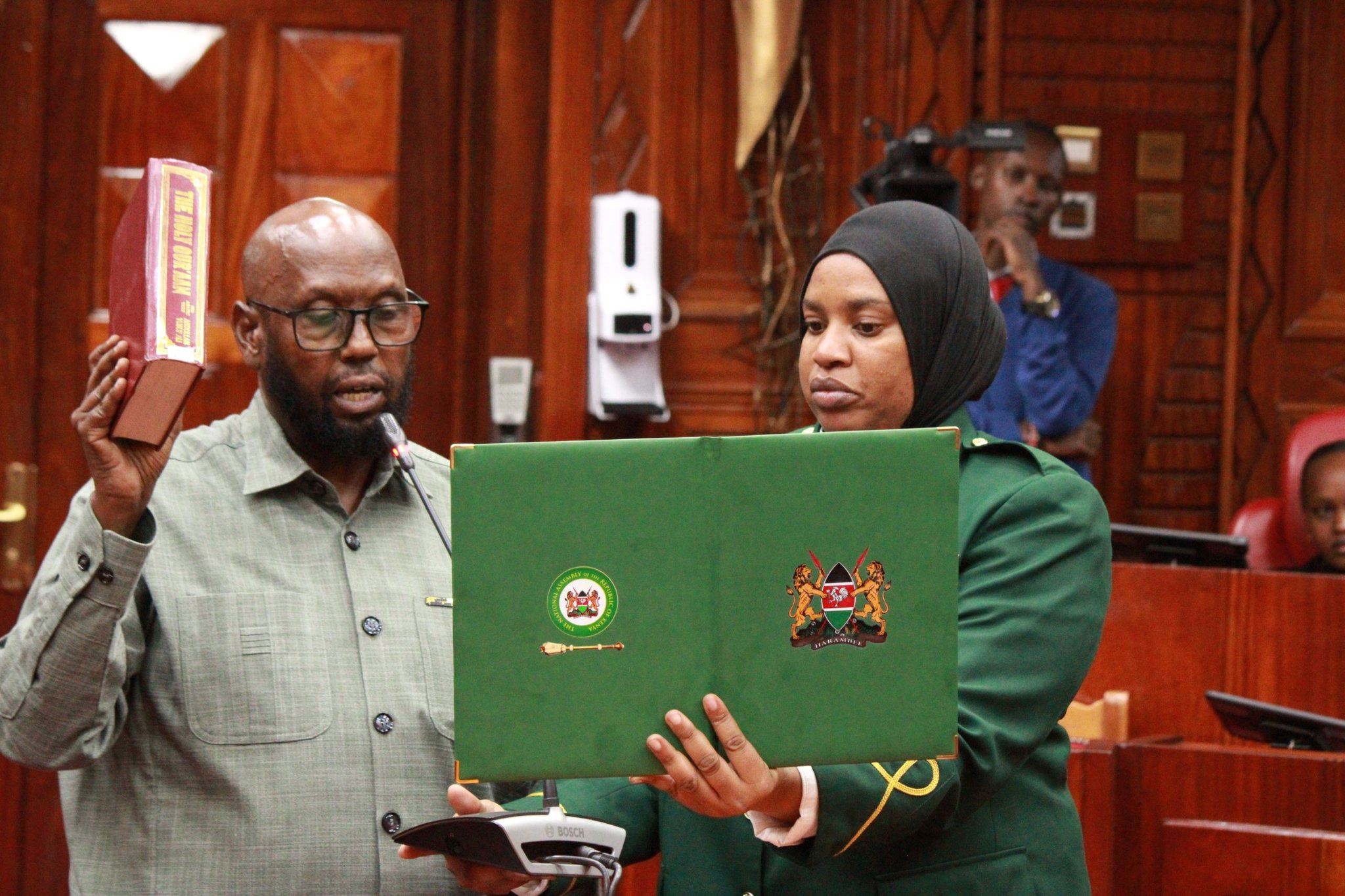
Hassan emphasised that the IEBC functions within a broader framework of government and must work closely with other institutions to ensure credible elections.
Nominated IEBC commissioner Hassan Noor Hassan says the electoral body cannot operate in isolation.
He promises to use his government coordination experience and networks to strengthen collaboration with other agencies and ensure smooth election management.
More To Read
- IEBC nominee Hassan Noor confirms Junet Mohamed kinship, vows no bias if appointed
- IEBC commissioner nominee Hassan Noor: I was a solution during 2007/2008 crisis, not the problem
- Watch: Nominated IEBC commissioner Fahima Abdalla faces vetting panel
- IEBC commissioner nominee Mukhwana dismisses fears over lawyers causing divisions in electoral body
- Watch: Nominated IEBC commissioner Francis Aduol faces vetting panel
- IEBC commissioner nominee Moses Mukhwana: My legal work for ANC was not political
Speaking during his vetting on Saturday before the National Assembly's Justice and Legal Affairs Committee, Hassan emphasised that the Independent Electoral and Boundaries Commission (IEBC) functions within a broader framework of government and must work closely with other institutions to ensure credible elections.
He stated that the IEBC is “not an island” and highlighted his ability to coordinate government business across the country as a unique strength he brings to the role.
"I am confident I can manage the election process effectively by leveraging government networks to support the IEBC’s work," stated Hassan.
In addition to his coordination skills, Hassan underscored his background in conflict management, which he said is essential in overseeing elections—an area he described as a “conflict arena.”
"Election is basically a conflict field. It's a conflict arena. And as a conflict arena, you have to have somebody who is well-versed in conflict management," stated Hassan.
He recounted his time serving as an administrator in the Rift Valley during the mid-2000s, particularly in 2006 and the politically volatile period of 2007–2008.
Hassan said that when he was posted to the region, it was grappling with serious inter-community conflicts, especially among pastoralist communities like the Pokot, Turkana, and Samburu.
"Throughout my working life as an administrator, I have managed conflict between communities," he stated.
"Therefore, as a conflict manager, I have no doubt that I will be an asset to IEBC."
Top Stories Today




